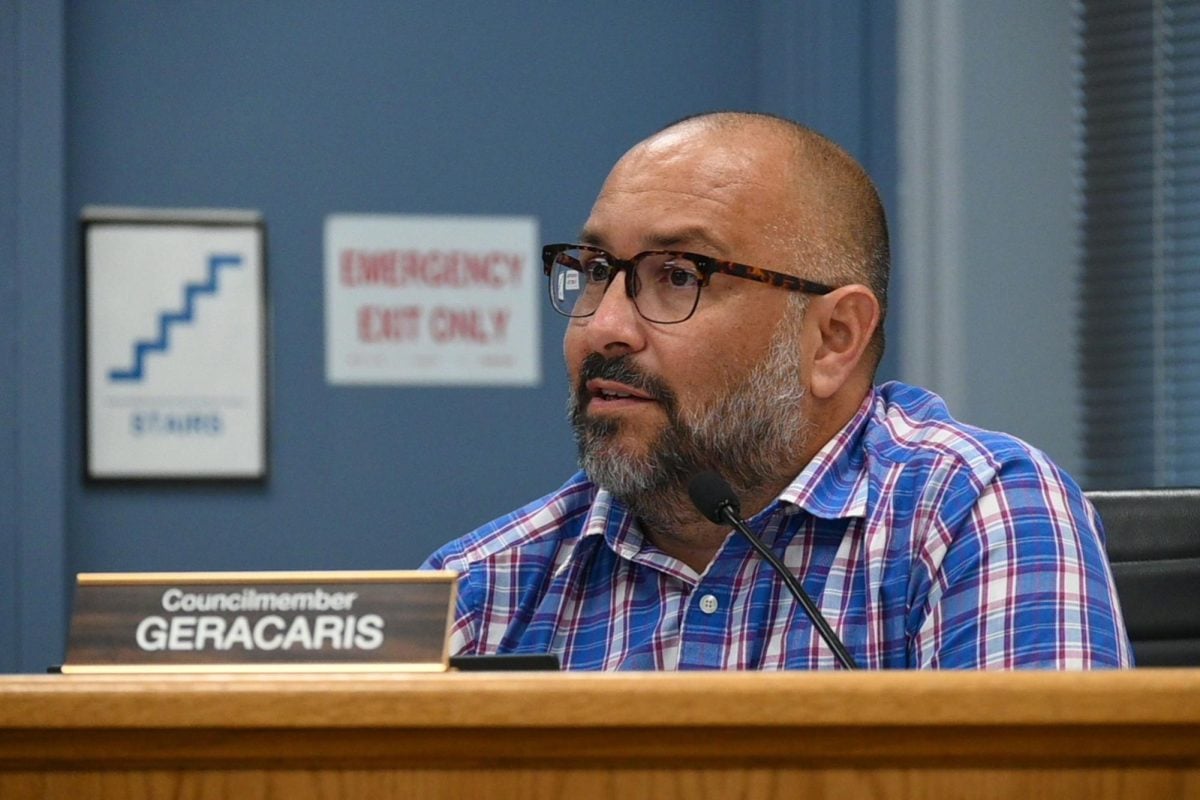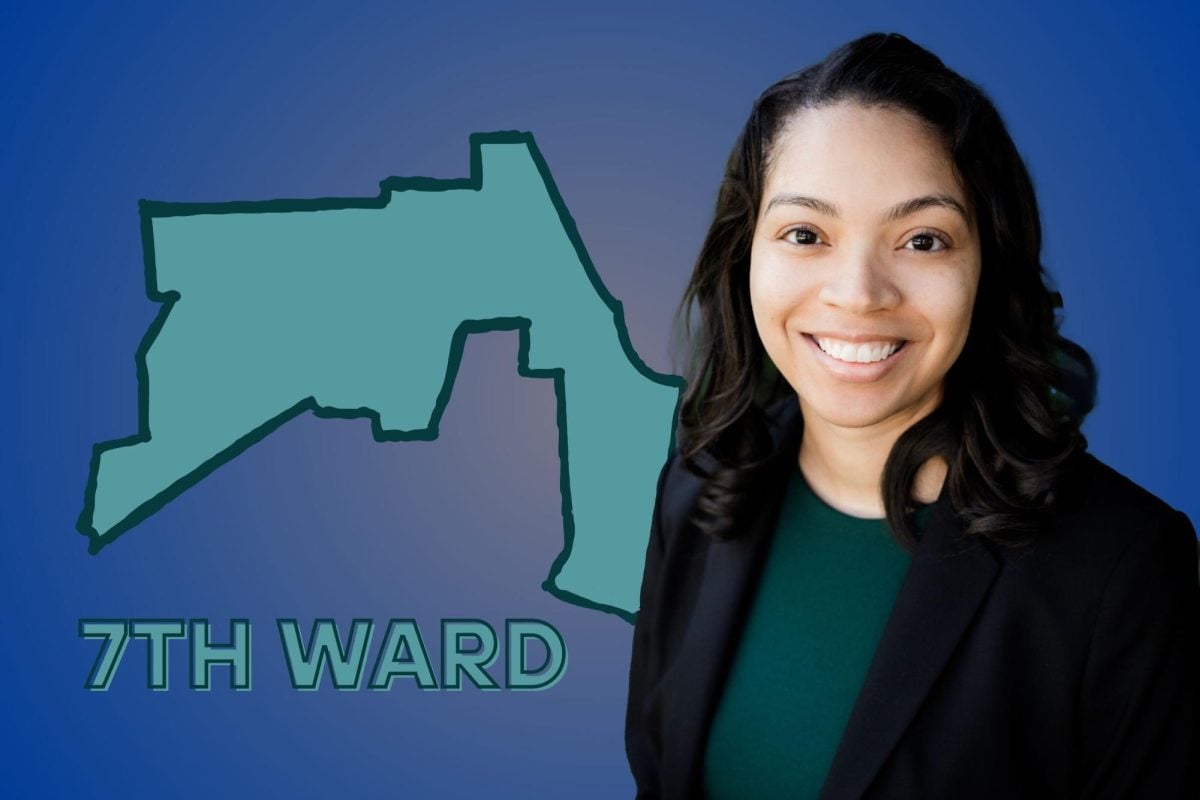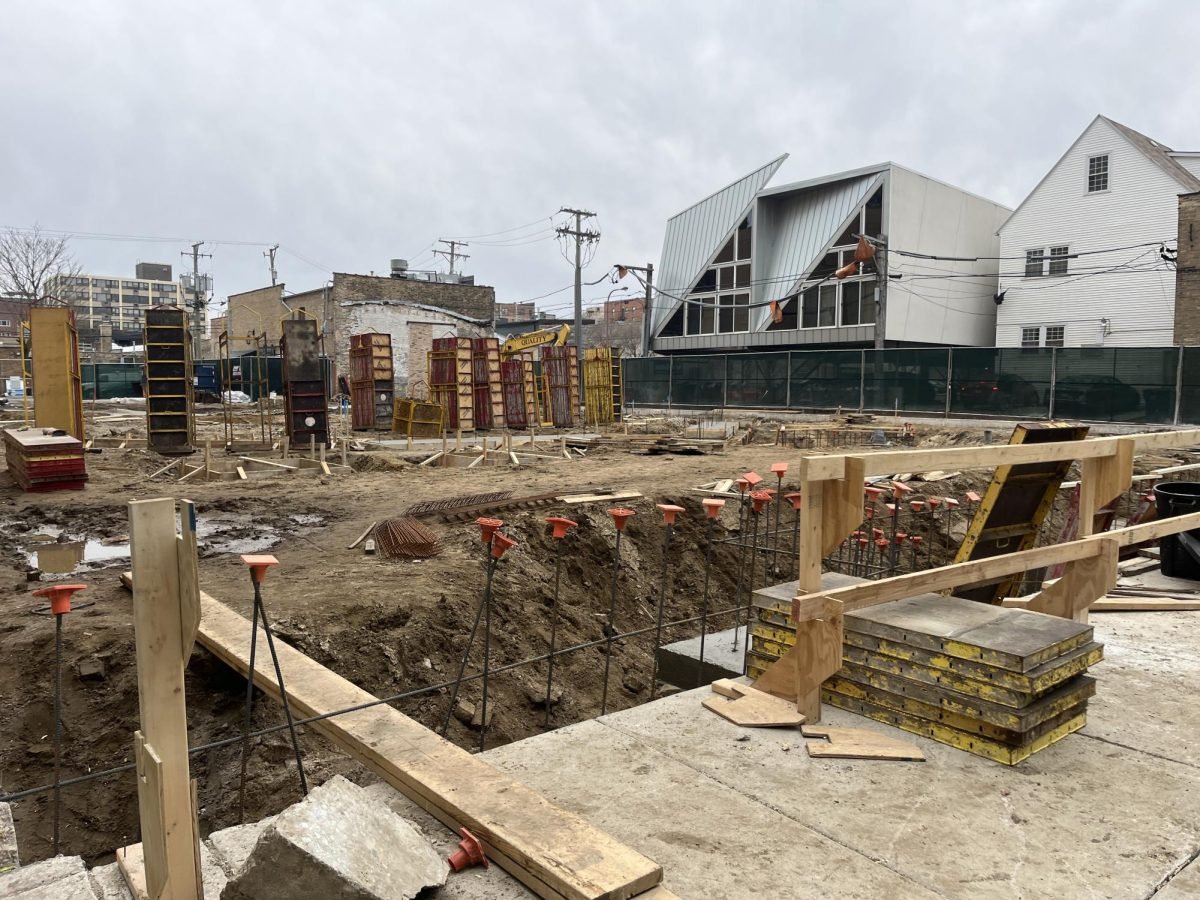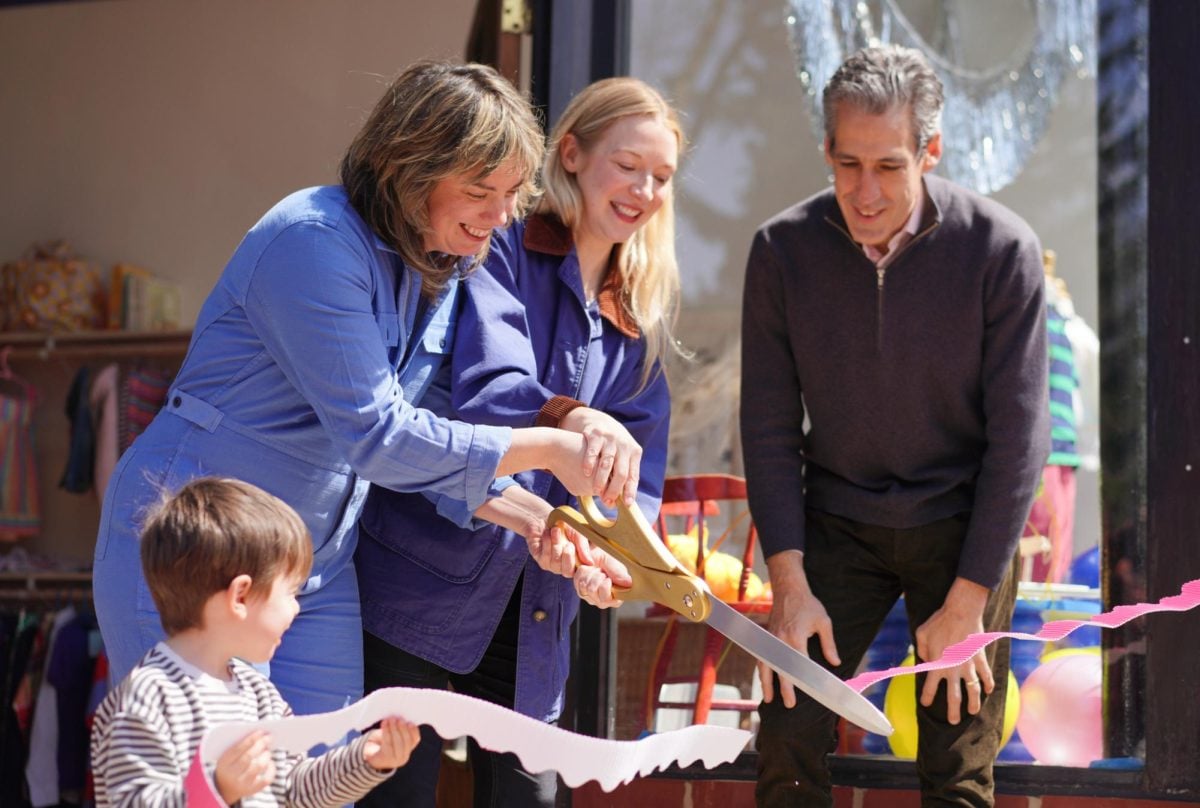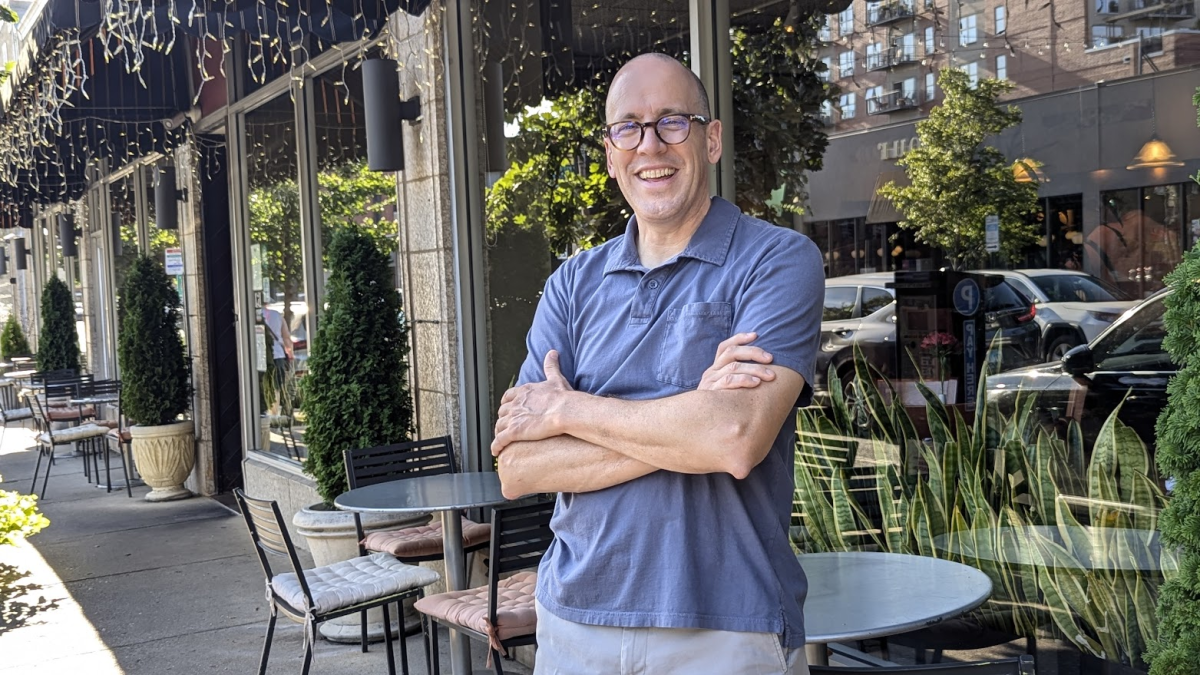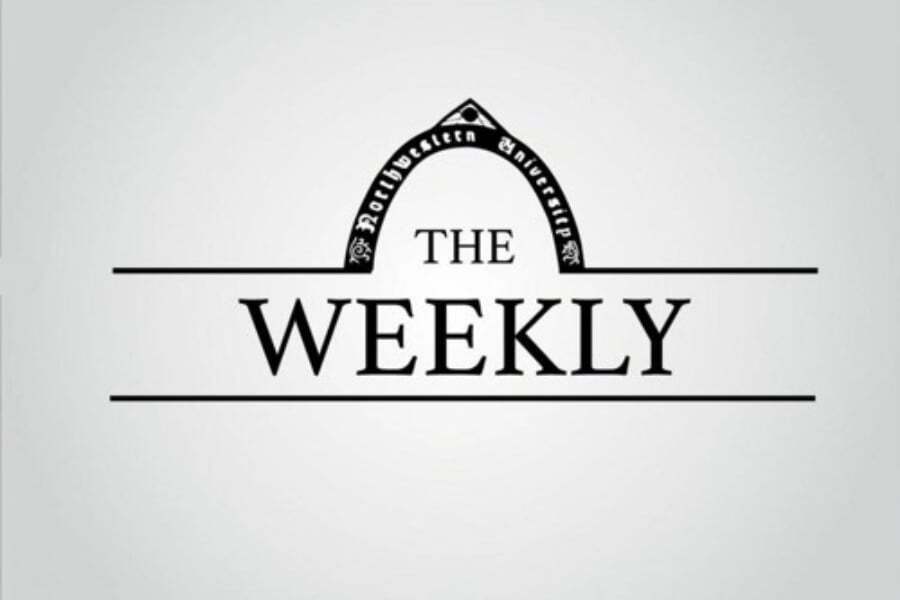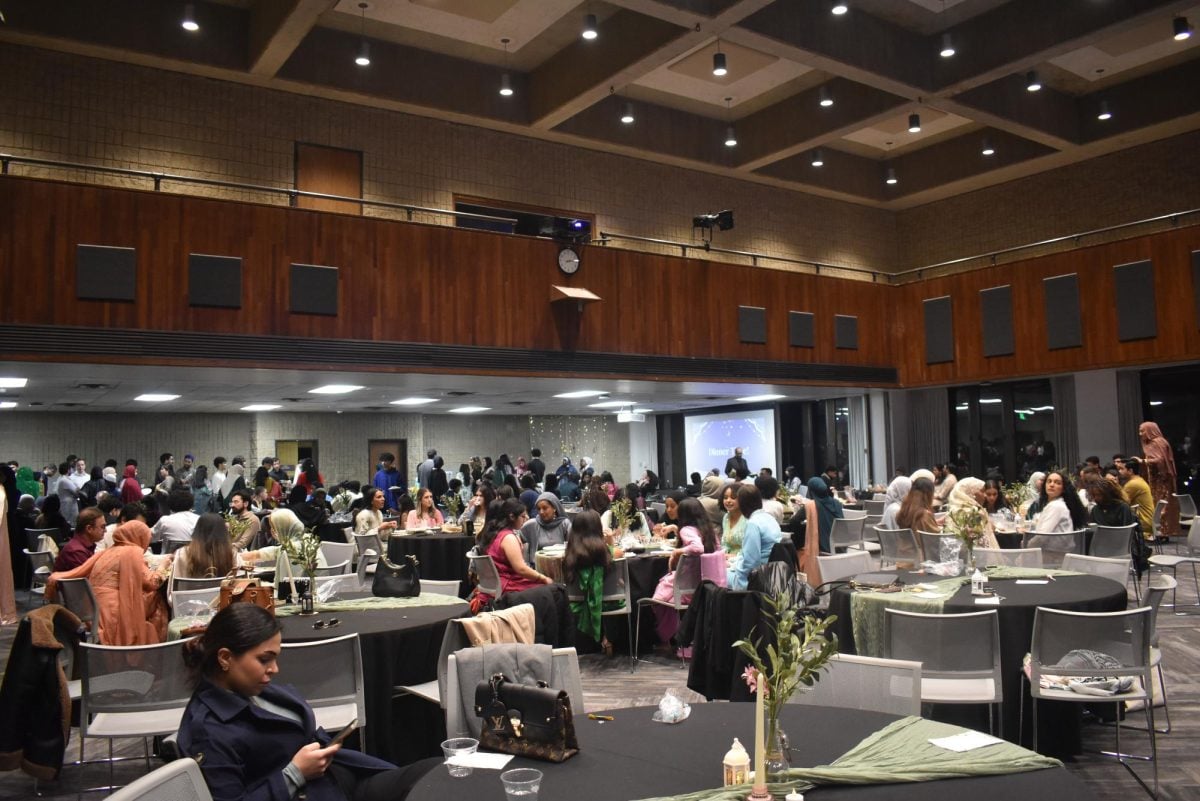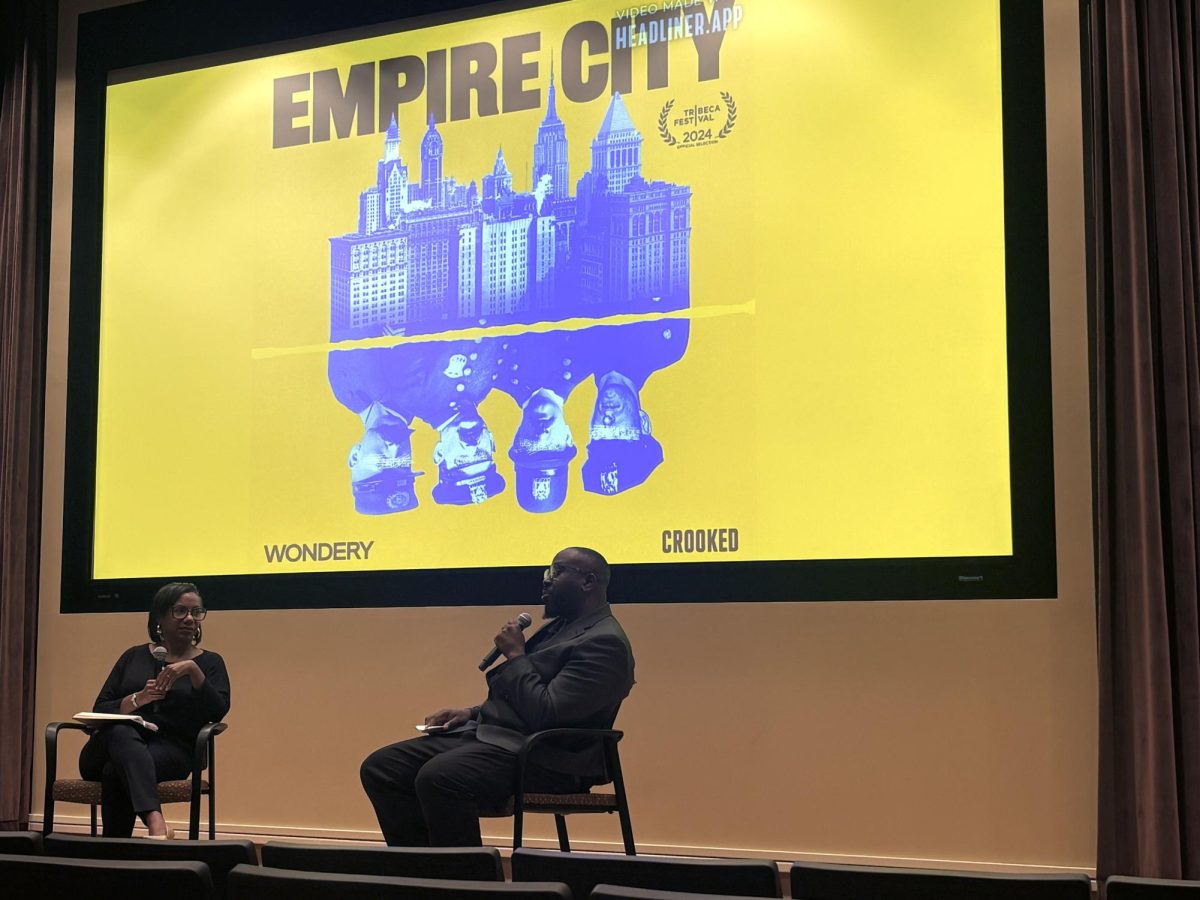City Council voted 5-1 to amend the Residential Landlord Tenant Ordinance and discussed the recent community feedback on Envision Evanston 2045 Monday evening, expecting a draft plan in the first quarter of 2025.
After more than a year of discussion, thirteen major amendments of the RLTO were approved as recommended by the Housing and Community Development Committee with only Ald. Thomas M. Suffredin (6th) dissenting. They are set to take effect on Jan 1.
These points included increasing notice period for non-renewal of a lease from 30 to 90 days, requiring disclosure of all fees, increasing tenant’s Right to Organize, include a One-Time Right to pay and Stay for tenants and removing the tenant’s responsibility to pay attorney fees in eviction proceedings.
The highly contested “Just Cause” policy was not included in the approved amendments but the housing committee plans to discuss it further in the future.
Many Evanston residents showed up in support of the amendments including someone who held up a sign that said “Protect Evanston Renters.”
“Personally, I see a lot of these amendments as steps towards improving the transparency of the rental market,” fifth-year Ph.D. candidate in environmental engineering Laura Jaliff said. “In particular, these amendments regarding the right to cure unpaid rent including the one time right to pay and stay will serve to protect so many people from having a very difficult life moment turn into an irrevocably life changing one.”
Landlord Aron Bornstein spoke against the proposed amendments saying the amendments were unfair to landlords because tenants only had to give landlords a 30 day notice of lease non-renewal but a landlord had to give a tenant 90 day notice. He also said the 90 day day notice would effectively remove monthly leases resulting in unintended consequences.
Ald. Devon Reid (8th) said he believes these concerns to be “fear mongering” and “grasping at straws.”
“(If) I want to go month to month until I get my new apartment somewhere else because of a new job or whatever the case might be, there’s nothing here that would prohibit that from happening,” Reid said. “This is a protection for tenants who are on month to month leases, not locking tenants into quarterly leases.”
In addition, Evanston Planning Manager Elizabeth Williams gave an update about Envision Evanston 2045 to City Council using recent feedback she received from the community and meetings with Northwestern University and Endeavor Health.
Williams noted that a huge problem in the Evanston community is housing: Many people whose families have lived here for generations cannot find affordable housing, she said.
“We’re running out of land and people here in Evanston cannot find housing that meets their needs,” Williams said.
Furthermore, Williams said the city should also implement an anti-displacement strategy to keep families and homeowners in Evanston for longer than they are currently able to in the existing system. One such solution developing in Chicago neighborhoods now is a community land trust.
Williams also said increasing public transportation, allowing duplexes, triplexes and fourplexes in all neighborhoods and eliminating parking minimums could help increase the availability of housing.
“I don’t know how many times I’ve heard from constituents that my kids have moved away… They want to come back and they can’t and that’s particularly heartbreaking,” Ald. Juan Geracaris (9th) said. “I am glad that we’re looking at this and trying to be bold because we need bold solutions to move forward.”
Williams also said that climate change is here and the city’s rules do not address it. She called for increases in active transportation, like biking and walking, tree canopies, making it easier for people to live without a car.
People do not have enough spaces “to experience fun, joy and happiness,” Williams said. Increasing greenspace and outdoor dining, closing streets and removing barriers for events and art in the community will increase the vibrancy of the community, she said.
“I think I’m probably not the only one who wants to make sure that we maintain downtown Evanston and develop downtown Evanston as a destination not only for Evanston residents, but for folks visiting from out of town,” Ald. Jonathan Nieuwsma (4th) said. “We need downtown to be warm and welcoming and inviting.”
Nieuwsma said he is a proponent of increasing the residential density in downtown. He also said he wants to ensure other business districts in Evanston besides downtown like Main Street, Central Street and Noyes thrive.
Additionally, Nieuwsma said he was concerned about the significance of NU as a stakeholder in the “economic and built environments of Evanston” and wants to make sure that the city does “everything” they can to hear from the University.
“When Northwestern inevitably wants to expand or do something different, the homework we’ve done as part of this process will allow us to proceed with less conflict perhaps than there might have otherwise been,” Nieuwsma said.
Williams also said people find the current zoning code to be complicated and hard to use. She suggested simplifying it and removing “unnecessary” barriers to understanding would benefit the community.
Envision Evanston 2045 is on pace and expects a plan to be shown to the city council in the first quarter of 2025, she said.
“I do feel like this is a bit of a watershed moment for this project,” Mayor Daniel Biss said. “We’ve gone from talking about ideas and visions to talking about in some cases really quite specific and very ambitious policies and I’m excited to see the breadth and depth of this.”
Email: ninethkanieskikoso2027@u.northwestern.edu
Related Stories:
—City Council expands guaranteed income program, exempts athletic fields from leaf blower ordinance
